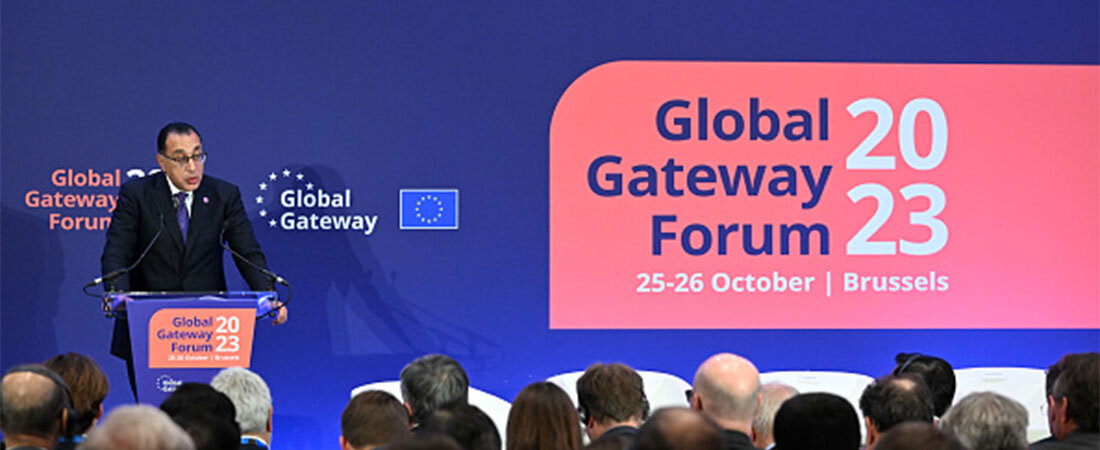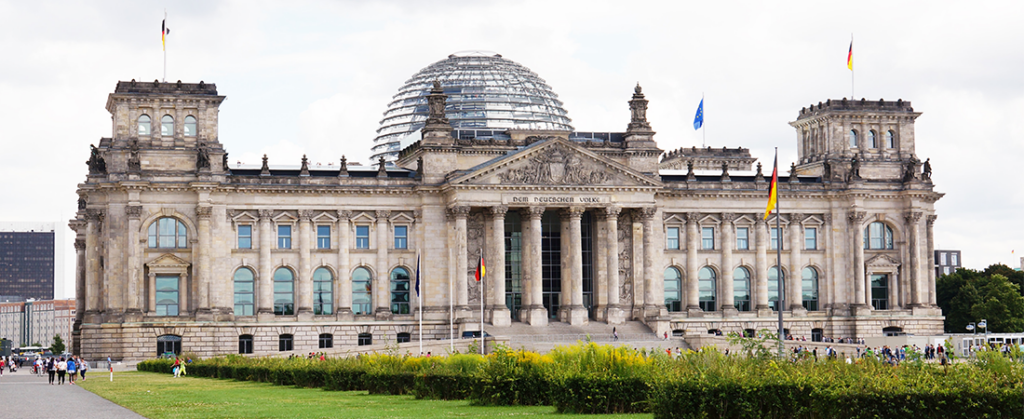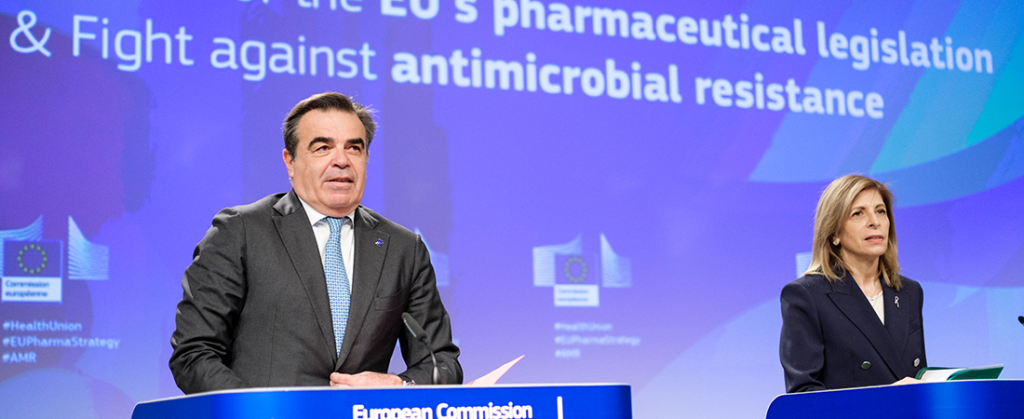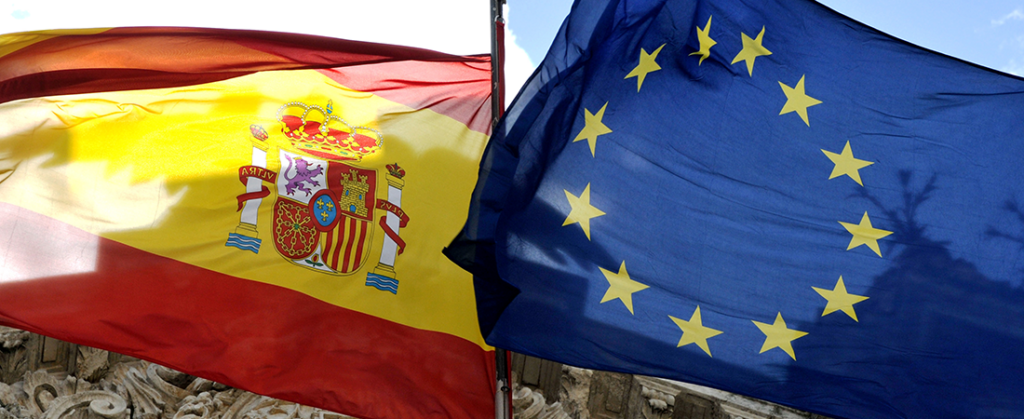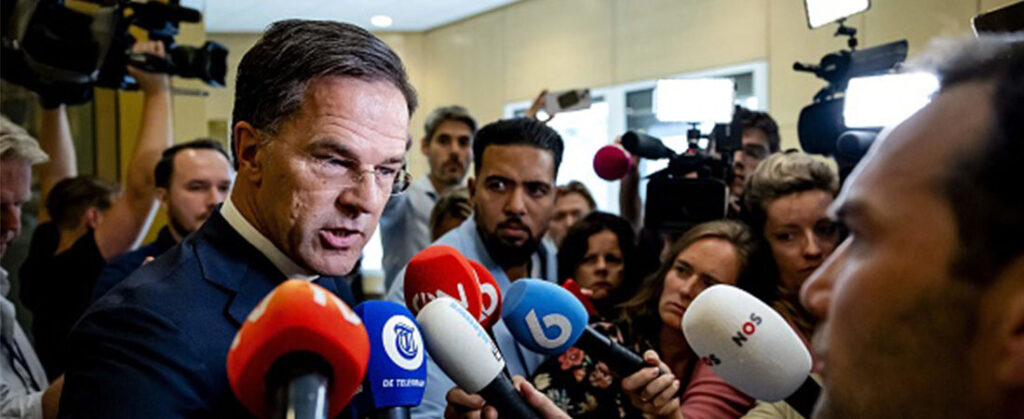The increasingly multipolar world order has seen the appearance of a number of sizable investment programmes launched by major powers focused on regions of the world which are considered to be of strategic importance. One of these programmes was in the limelight last week, as the EU organised its first Global Gateway Forum in Brussels, from 25 to 26 October. The Forum, which brought together high-level representatives from across the world and featured a series of significant announcements of new investment projects, reiterated three key points about Europe’s Global Gateway: it’s positioning against China’s Belt and Road Initiative (BRI), the central importance of Africa and the growing importance of two other regions, namely the Indo-Pacific and Central Asia.
The Global Gateway, the European Union’s global investment initiative focusing on connectivity and infrastructure, was launched in 2021, and was seen by many as a reaction to China’s landmark Belt and Road initiative. Launched in 2013, China’s flagship infrastructure investment project drew much criticism and suspicion from the West, which has argued that, among other things, it trapped countries in a debt spiral.
During her opening speech of the Global Gateway Forum, while not specifically mentioning China, Commission President Von der Leyen stated that the EU’s Global Gateway provides a “new approach to big infrastructure projects”. The indirect criticism of China’s BRI was evident, arguing that some of the current investment options out there come with “a lot of small print, and sometimes with a very high price.” She stated that these existing programmes result in the degradation of the environment, and that workers’ rights are sometimes stripped away, foreign workers brought in and national sovereignty compromised. “No country should be faced with a situation in which the only option to finance its essential infrastructure is to sell its future,” the Commission President said.
In light of this positioning against China, the attendance at the Global Gateway Forum, particularly of African countries, is noteworthy. Heads of State and Government from a number of African and Asian countries travelled to the EU capital to attend the Summit, including from Morocco, Egypt, Mauretania, Somalia, Senegal, the Democratic Republic of the Congo, Rwanda and Namibia, as well as from Bangladesh. Multiple other countries, including from Central Asia, were represented by their Ministers.
The importance of Africa to the EU was demonstrated by the large number of announcements concerning the continent, which overwhelmingly outnumbered those with all the other regions represented at the Forum. The overall agreements announced at the Forum covered a wide array of areas, including critical raw materials, transport infrastructure, digital transition, agriculture, environment and sustainability, energy, education, finance, health and state building.
Among the agreements signed were two Memoranda of Understanding (MoU) signed between the EU and the Democratic Republic of the Congo (DRC) and Zambia on sustainable raw materials value chains, a topic of crucial importance for the EU given its appetite to “de-risk” its critical raw materials value chains by decreasing dependence on China. To this end, the EU and Namibia also endorsed a roadmap for a Strategic Partnership on sustainable raw materials value chains and renewable hydrogen, and a similar MoU was agreed upon with Uzbekistan.
Health was also in the limelight during the Forum, as the EU boosted the financial partnership with the European Investment Bank (EIB) and the Bill & Melinda Gates Foundation with an additional 500 million EUR. A further 134 million EUR was also signed with six African countries with the aim of bolstering local manufacturing and equitable access to quality, safe, effective, and affordable health products. These countries include Egypt, Ghana, Nigeria, Rwanda, Senegal and South Africa.
Important announcements were also made in the area of transport infrastructure. Of note, the EU announced a Memorandum of Understanding with the DRC, Zambia and Angola, as well as with the USA, the African Development Bank and the Africa Finance Corporation, to support the development of the Lobito Corridor, which is to connect the south of the DRC and the north-west of Zambia to regional and global trade markets via the Angolan Port of Lobito.
The digital domain was also prominent in the agreements signed, in particular with Senegal (for the digital transition), Kenya (to strengthen cybersecurity) and Cape Verde (digital connectivity) – all three of these were part of much wider, multifaceted agreements. Of note is the launch of the Africa Connected Programme between the EU and Finnfund, which is set to mobilise 1 billion EUR in sustainable investments for digital infrastructure and digital service platforms in Sub-Saharan Africa.
On energy, the EU signed a contract with the Agence Française de Développement (AFD) to jointly finance the construction of the Kakono hydropower plant, and the development of renewable energy was announced as a priority domain for EU-Kenya cooperation. Investments will also be made to promote green energy in Cape Verde and a Team Europe Initiative has been recently launched to develop green hydrogen and accelerate the energy transition in Mauritania.
The Global Gateway Forum served to further consolidate and position the EU’s global infrastructure investment initiative, and further reiterate its focus on developing connections with Africa. At the same time, we also witnessed the increasing importance of two other regions, namely the Indo-Pacific region and Central Asia. For the Indo-Pacific, sizeable agreements were signed with Vietnam (500 million EUR) and Bangladesh (400 million EUR), both in the field of the energy transition. A 60 million EUR Green Economy Programme was also signed with the Philippines.
The Global Gateway Forum represents another node in the shifting sands of the geopolitical rearrangement that is currently taking place across the world. This new and ever-changing environment provides, in a way, countries in Africa, Asia and Latin American with new opportunities, not only for investment but also for influence. Once cannot jump to the conclusion that those countries who participated in the Global Gateway Forum and signed agreements are automatically aligning with Europe over other powers, such as China. This was made clear by Bangladeshi Prime Minister Sheikh Hasina, who unequivocally stated that her country is not looking to take sides, but rather to seek investment for its own development. While there are countries in attendance, such as for example the Philippines, who will have taken this opportunity to align themselves more closely with Europe against China, especially against the backdrop of the increasing tensions in the South China Sea, we can expect the more nuanced approach taken by Bangladesh to become more commonplace. This is something the EU needs to consider in its approach to these countries and regions, if it wants its programmes, and the promotion of its brand of multilateralism in the world, to be successful and effective.


